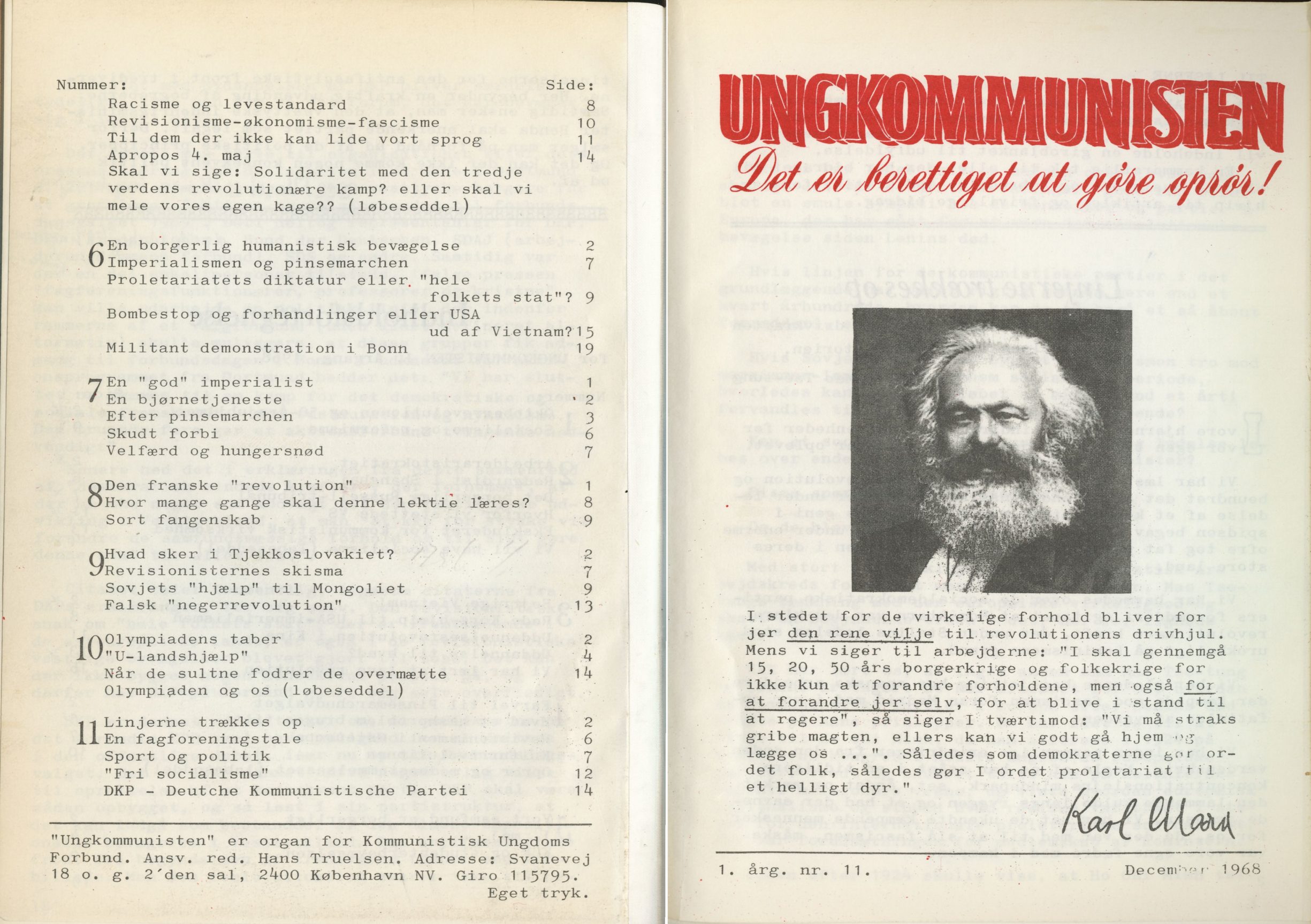About the text:
From: On Colonies, Industrial Monopoly and Working Class Movement, Futura, 1972, 57 p., p. 19-21.
(Extract)
Written on 22nd July 1853,
published in “The New York Daily
Tribune” on 8th August 1853.
… England has to fulfil a double mission in India: one destructive, the other regenerating – the annihilation of old Asiatic society, and the laying the material foundations of Western society in Asia.
Arabs, Turks, Tartars, Moguls, who had successively overrun India, soon became Hindooised, the barbarian conquerors being, by an eternal law of history, conquered themselves by the superior civilisation of their subject. The British were the first conquerors superior, and therefore, inaccessible to Hindoo civilisation. They destroyed it by breaking up the native communities, by uprooting the native industry, and by levelling all that was great and elevated in the native society. The historic pages of their rule in India report hardly anything beyond that destruction. The work of regeneration hardly transpires through a heap of ruins. Nevertheless it has begun. …
All the English bourgeoisie may be forced to do will neither emancipate nor materially mend the social condition of the mass of the people, depending not only on the development of the productive powers, but of their appropriation by the people. But what they will not fail to do is to lay down the material premises for both. Has the bourgeoisie ever done more? Has it ever effected a progress without dragging individuals and peoples through blood and dirt, through misery and degradation?
The Indians will not reap the fruits of the new elements of society scattered among them by the British bourgeoisie, till in Great Britain itself the now ruling classes shall have been supplanted by the industrial proletariat, or till the Hindoos themselves shall have grown strong enough to throw off the English yoke altogether. …
The profound hypocrisy and inherent barbarism of bourgeois civilisation lies unveiled before our eyes, turning from its home, where it assumes respectable forms, to the colonies, where it goes naked. They are the defenders of property but did any revolutionary party ever originate agrarian revolutions like those in Bengal, in Madras, and in Bombay? Did they not, in India, to borrow an expression of that great robber, Lord Clive himself, resort to atrocious extortion, when simple corruption could not keep pace with their rapacity? While they prated in Europe about the inviolable sanctity of the national debt, did they not confiscate in India the dividends of the rayahs who had invested their private savings in the Company’s own finds? While they combatted the French revolution under the pretext of defending “our holy religion,” did they not forbid, at the same time, Christianity to be propagated in India, and did they not, in order to make money out of the pilgrims streaming to the temples of Orissa and Bengal, take up the trade in the murder and prostitution perpetrated in the temple of Juggernaut? These are the men of “Property, Order, Family, and Religion.”
The devastating effects of English industry, when contemplated with regard to India, a country as vast as Europe, and containing 150 millions of acres, are palpable and confounding. But we must not forget that they are only the organic results of the whole system of production as it is now constituted. That production rests on the supreme rule of capital. The centralisation of capital is essential to the existence of capital as an independent power. The destructive influence of that centralisation upon the markets of the world does but reveal, in the most gigantic dimensions, the inherent organic laws of political economy now at work in very civilised town. The bourgeois period of history has to create the material basis of the new world – on the one hand the universal intercourse founded upon the mutual dependency of mankind, and the means of that intercourse; on the other hand the development of the productive powers of man and the transformation of material production into a scientific domination of natural agencies. Bourgeois industry and commerce create these material conditions of a new world in the same way as geological revolutions have created the surface of the earth. When a great social revolution shall have mastered the results of the bourgeois epoch, the market of the world and the modern powers of production, and subjected them to the common control of the most advanced peoples, then only will human progress cease to resemble that hideous pagan idol, who would not drink the nectar but from the skulls of the slain.
—–
WSW Vol. 1, p. 320-324.
MEOC p. 81-87.
MEOB p. 399-406.
The complete text can be found online at Marxist Internet Archive, MIA.



























